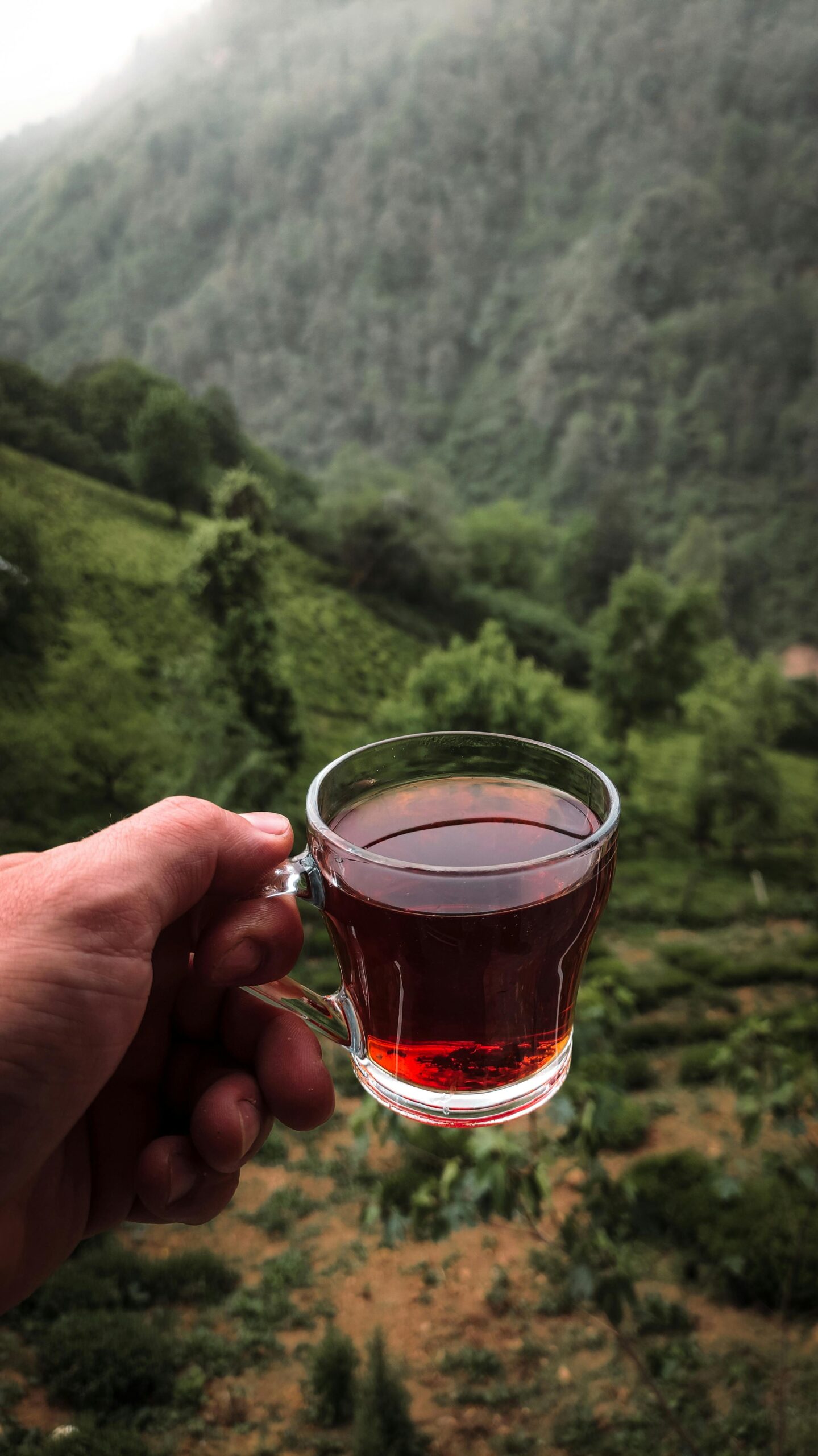Darjeeling: The inflow of Nepali tea is killing the prospect of Darjeeling tea, which is considered one of the best-quality beverages worldwide. This factor has left tea growers, garden owners, and people involved in the business.
Chief Minister Mamata Banerjee expressed her concern during a recent visit to the Darjeeling hills that Nepali tea is denting the prospect of Darjeeling’s famous beverage. Therefore, the state government has taken the initiative to set up two testing laboratories to prevent the sale of outside tea in the open market.
This decision was taken at a meeting of the Tea Advisory Committee in the presence of GTA chief Anit Thapa. One of the three testing laboratories will be set up on the India-Nepal border and the other on the West Bengal-Assam border.
The state government has earmarked about Rs 55 crore for the project. For a long time, there were allegations that Nepali tea was being sold in the name of Darjeeling tea tag not only in the open market in West Bengal but also in other parts of India and abroad.
“Tea planters from Nepal are eating away the profits of Darjeeling tea due to the lack of a quality testing system. On the one hand, Darjeeling tea is getting a bad name, and the government is bearing the brunt of the treasury. Therefore, now, whether the tea reaches the standards set by the Food Safety Standards Authority of India of the central government will be tested,” a tree planter in Darjeeling said.
The quality of Nepal tea low
Pesticides are mainly used in Nepali tea production. In addition, its quality is also very low. Due to the open border, tea from Nepal is entering India. Due to the low price of Nepali tea, many traders are selling Nepali tea in the name of Darjeeling tea in the hope of making a profit.
Vijaygopal Chakraborty, president of the Confederation of Small Tea Growers Association, said, “400 million kg of tea is produced in North Bengal every year. Thirty-five per cent of the total production of tea in the country is produced in Darjeeling. Ten million kg of Nepalese tea enters India. The free flow of Nepalese tea is spoiling the prospect of Darjeeling tea. Hopefully, with the coming up of a laboratory, the quality of tea will be tested.”
Laltu Purkait, manager of Makaibari Tea Estate, also echoed the same. “Darjeeling tea is losing its glory because Nepalese tea is being sold in the name of Darjeeling tea. If a tea testing laboratory is set up in the state, it will benefit only the 87 tea gardens of Darjeeling,” Purkait said.
Incidentally, Chief Minister Mamata Banerjee, while visiting North Bengal in November, promised to take steps so that the Darjeeling tea brand does not take a beating. “During my foreign visits, I found people abroad are full of appreciation of Darjeeling tea. I will not let any attempt to devalue Darjeeling tea,” she said.
After the Chief Minister expressed her concern, the state government took the initiative to set up two testing laboratories. Darjeeling tea is sold at a price starting from Rs 1,000 to about Rs 1.5 lakh per kg. Due to the poor quality of Nepalese tea there, the price does not go beyond Rs 150 to Rs 200 per kg. Nepal produces a total of 80,00000 kg of tea every year. Out of this, about 50 to 55 lakh kg is exported to India. On the other hand, Darjeeling tea production is 60,00000 kg every year.
